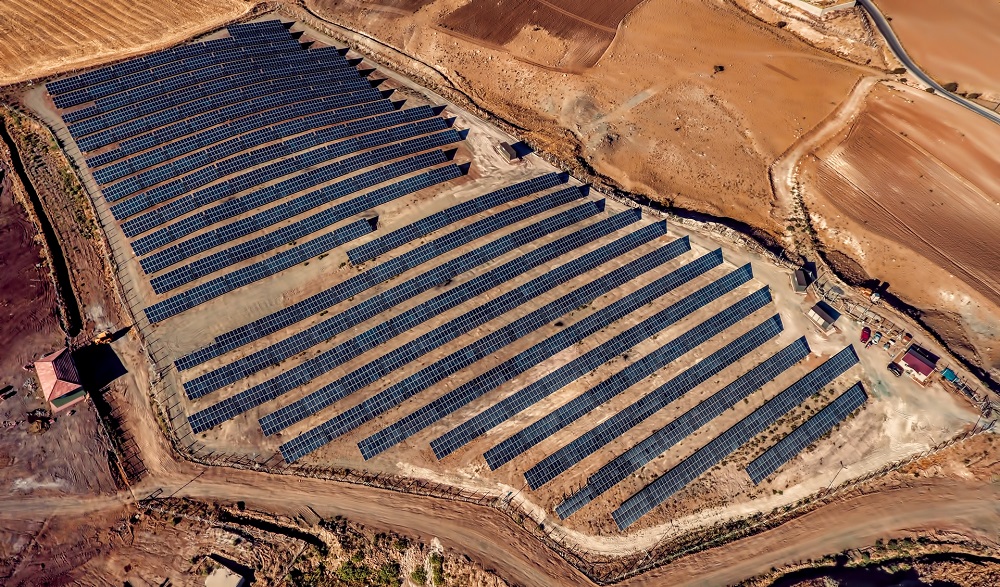An abrupt statement in Turkey’s official journal yesterday revealed the government has cancelled a tendering exercise for the deployment of 1 GW of new solar, due to be held on January 29.
Ankara did not give an explanation for the cancellation, which had been planned for the construction of large-scale solar in three areas.
“Currently, the government is reconstructing the details of this 1 GW tender and will re-announce it within this year,” said Eren Engur, CEO of Turkish solar consultancy Icarus Enerji. “Another YEKA-3, with 20-30 MW each with a total of 1 GW is also under process,” he told pv magazine, referring to a third round of renewables tenders under Turkey’s Renewable Energy Resources Area Project (YEKA) green energy policy.
Engur said solar parties in Turkey including government agencies are working to simplify the application process and incentives for rooftop solar systems below 10 kW in size, with the new rules expected to boost the market soon. “We also have extensive work on including solar storage to these new tenders,” he added.
In another statement to pv magazine, Solarbaba's founder Ates Ugurel stressed that the tender was not cancelled but delayed at the request of the majority of the companies that were participating in the tender, due to Turkey’s difficult financial situation. “These candidates required an extra time from the government to arrange global financing for the project,” he also said.
Unlicensed small PV dominates
The postponed procurement was to be split into three tenders for three locations: Sanliurfa-Viransehir in the southeast of Turkey, where 500 MW were to be deployed; the Hatay-Erzin site in the same region, for a 200 MW project; and the Nigde-Bor location, in central Anatolia, which was expected to host 300 MW of solar and a 30 MW/90 MWh (AC) li-ion battery storage project. The maximum price the Turkish government had set for the tender was $0.065/kWh.
Local content requirements were embedded in the tender, with 60% of the modules having to come from domestic manufacturers. Selected projects were to be awarded a 15-year PPA.
So far, only around 63 MW – for licensed larger projects built under the country’s auction scheme, PEKA – have been registered by state-owned grid operator TEIAŞ. Most of the 5 GW of solar capacity registered by the end of November was represented by unlicensed projects not exceeding 1 MW in size.
*the article was updated on Jan. 15, 2019 to clarify that the tender was canceled at the request of the majority of the companies participating to the tender.
This content is protected by copyright and may not be reused. If you want to cooperate with us and would like to reuse some of our content, please contact: editors@pv-magazine.com.




By submitting this form you agree to pv magazine using your data for the purposes of publishing your comment.
Your personal data will only be disclosed or otherwise transmitted to third parties for the purposes of spam filtering or if this is necessary for technical maintenance of the website. Any other transfer to third parties will not take place unless this is justified on the basis of applicable data protection regulations or if pv magazine is legally obliged to do so.
You may revoke this consent at any time with effect for the future, in which case your personal data will be deleted immediately. Otherwise, your data will be deleted if pv magazine has processed your request or the purpose of data storage is fulfilled.
Further information on data privacy can be found in our Data Protection Policy.